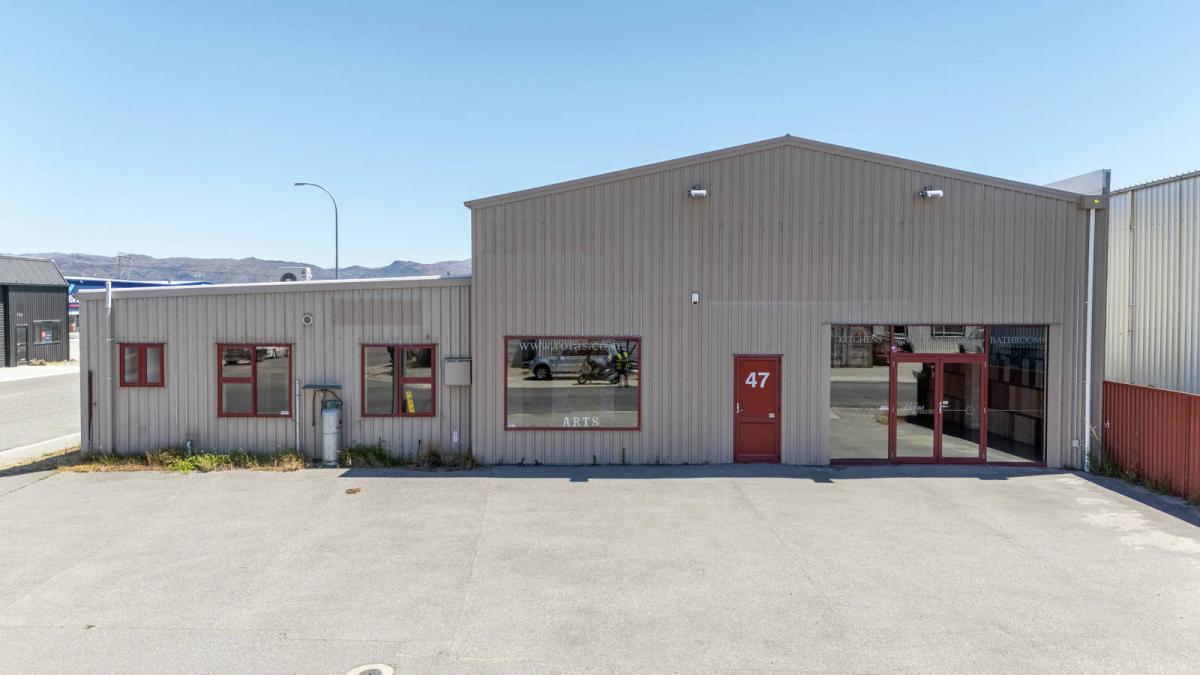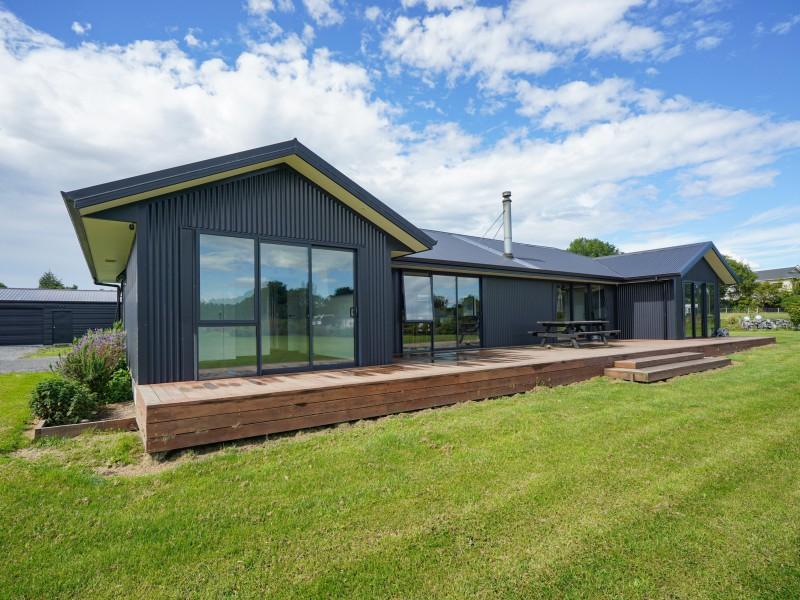Critically ill teen ends up in ICU after waiting in portable building outside hospital for 3 hours
From reporter Debbie Jamieson:
A teenager ended up in the intensive care unit in Dunedin with pneumonia after being made to wait in a portable building outside Queenstown’s locked hospital for three hours.
Her distraught mother Sunitha Karunakaran said watching her 18-year-old daughter struggle to breathe in the cold unit on the night of October 25 was one of the worst moments of her life.
Hospital staff had been advised of the seriousness of the girl’s condition before her arrival following blood tests at the privately-owned Queenstown Medical Centre, Karunakaran said.
However, they put her in the external building, which had a bed and small kitchen, while they dealt with other patients.
As her daughter’s condition deteriorated, several attempts to get attention from hospital staff using a buzzer outside the locked hospital were ignored, Karunakaran said.
With another child at home alone, as her husband was in Malaysia visiting family, and no indication they would see a doctor soon, the pair left the hospital at 11pm.
“I was feeling absolutely helpless all night seeing my girl suffering and unable to breathe,” she said.
The next morning staff at Queenstown Medical Centre sent her daughter, who Stuff has agreed not to name, back to the hospital in an ambulance.
Her oxygen level was down to 20%, she had a fever of 38.7C and was coughing uncontrollably.
She was put on an Otago Rescue Helicopter and sent to Dunedin Hospital where she was diagnosed with bacterial strep pneumonia affecting both lungs and spent three days in ICU.
Once stable she was moved to the general ward for the remainder of the week.
Karunakaran said the episode was “extremely distressing”.
“If [the hospital staff] had seen us that night then my daughter wouldn’t have got to the point of almost losing her life.”
Her daughter now faces a six-week recovery period and was forced to miss her last week of high school and the opportunity to apply for scholarships and complete work for assessments.
“I understand that they don’t have staff, but they don’t need to be rude,” she said.
“When I rang the bell so many times to say she’s struggling to breathe, they just ignored us. That’s the hardest part.”
Despite Karunakaran and her daughter providing a written statement waiving their rights to privacy, an unnamed Te Whatu Ora southern spokesperson declined to discuss the case.
“Te Whatu Ora does not comment on individual patients and their care for privacy reasons,” a written statement said.
It said emergency departments were currently very busy, and patients were triaged with the sickest patients seen first.
The portable building at Lakes District Hospital was used as a dedicated space for patients presenting with cold and flu symptoms who needed to be isolated, the spokesperson said.
“Patients who are allocated to this waiting space are checked and assessed regularly.”
That was not the case on the night of October 25, Karunakaran said.
Prior to their arrival at Lakes District Hospital staff had been aware of her daughter’s condition by doctors at Queenstown Medical Centre.
Her daughter had spent the day at the medical centre on an IV before going home at 6pm.
At 7pm the doctor called the family to advise blood tests revealed the teenager’s white and red blood cell counts were concerning, and she needed to go immediately to hospital.
Staff at the hospital confirmed they had spoken with the medical centre, that the situation was "urgent" and that her daughter would be seen soon, Karunakaran said.
They were told to wait in one of the two rooms in the portable building.
"It was too cold out there, but we were just ignored and told we had to wait as there were other patients who were more ill that arrived in an ambulance," she said.
She saw other patients arrive by car and be given access to the waiting room during that time.
Nurses had provided paracetamol, a Covid-19 test (which was negative), and a blanket, after Karunakaran begged for it.
When her daughter left in a helicopter to Dunedin the next day, Karunakaran had to remain in Queenstown to pick up her son from school, then arrange transport and accommodation for the family and travel to Dunedin.
After arriving she sat crying on the floor in Dunedin Hospital.
“I felt hopeless and helpless – seeing multiple doctors and nurses running in and out of her room was daunting and scary.
“I don’t want anyone to go through what I went through on that day.”
Her family had lived in Queenstown for 17 years and were devastated with their treatment, she said.
“I came to New Zealand for a better life and I have been doing community work for over 10 years.
“It’s extremely distressing to see there is no humanity in the medical area,” she said.
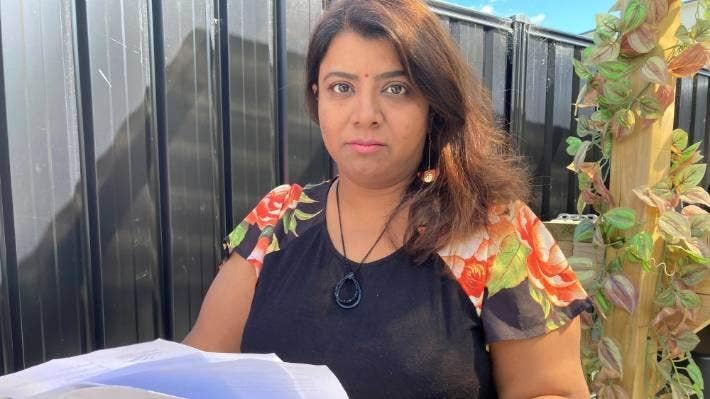
⚠️ DOGS DIE IN HOT CARS. If you love them, don't leave them. ⚠️
It's a message we share time and time again, and this year, we're calling on you to help us spread that message further.
Did you know that calls to SPCA about dogs left inside hot cars made up a whopping 11% of all welfare calls last summer? This is a completely preventable issue, and one which is causing hundreds of dogs (often loved pets) to suffer.
Here are some quick facts to share with the dog owners in your life:
👉 The temperature inside a car can heat to over 50°C in less than 15 minutes.
👉 Parking in the shade and cracking windows does little to help on a warm day. Dogs rely on panting to keep cool, which they can't do in a hot car.
👉 This puts dogs at a high risk of heatstroke - a serious condition for dogs, with a mortality rate between 39%-50%.
👉 It is an offence under the Animal Welfare Act to leave a dog in a hot vehicle if they are showing signs of heat stress. You can be fined, and prosecuted.
SPCA has created downloadable resources to help you spread the message even further. Posters, a flyer, and a social media tile can be downloaded from our website here: www.spca.nz...
We encourage you to use these - and ask your local businesses to display the posters if they can. Flyers can be kept in your car and handed out as needed.
This is a community problem, and one we cannot solve alone. Help us to prevent more tragedies this summer by sharing this post.
On behalf of the animals - thank you ❤️

New Year, Same Brain Teasers!
A man was found dead with a cassette recorder in one hand and a gun in the other.
When the police pressed “play,” the tape said, “I can’t go on,” and then there was a gunshot.
Yet, the police knew it was a murder.
How?
Do you think you know the answer to our daily riddle? Don't spoil it for your neighbours! Simply 'Like' this post and we'll post the answer in the comments below at 2pm.
Want to stop seeing riddles in your newsfeed?
Head here and hover on the Following button on the top right of the page (and it will show Unfollow) and then click it. If it is giving you the option to Follow, then you've successfully unfollowed the Riddles page.

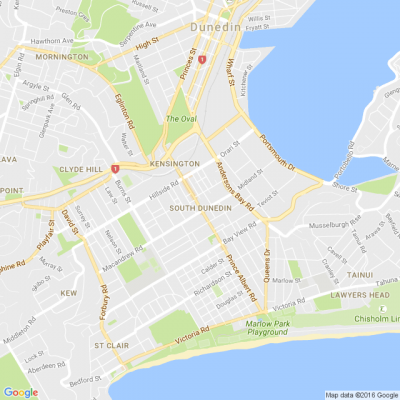
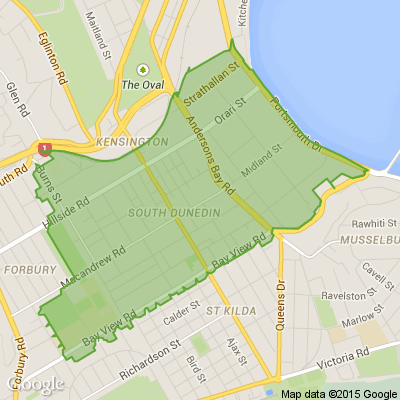





 Loading…
Loading…

















